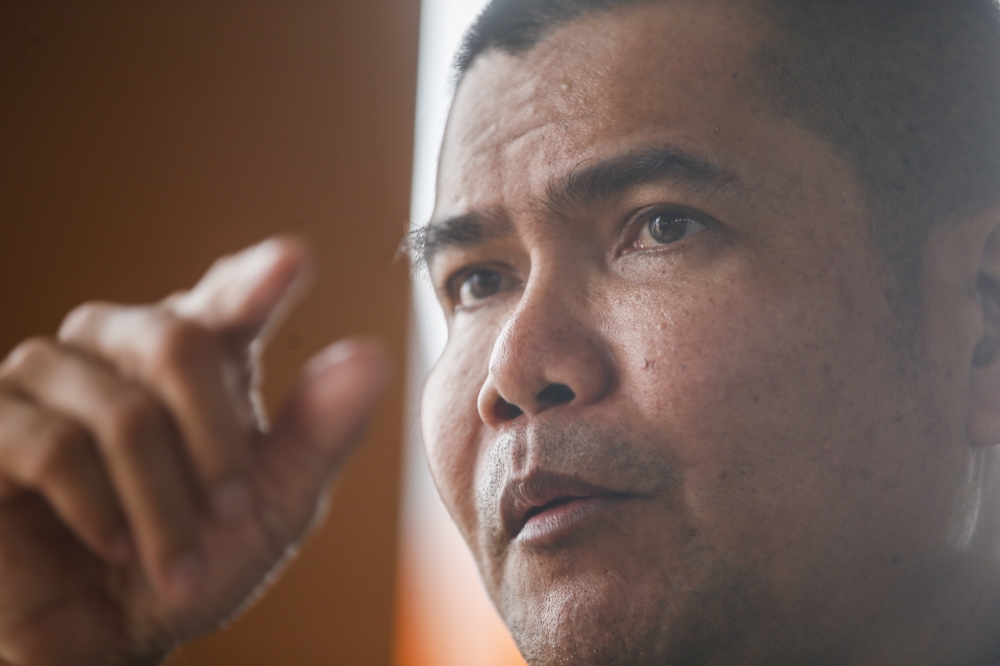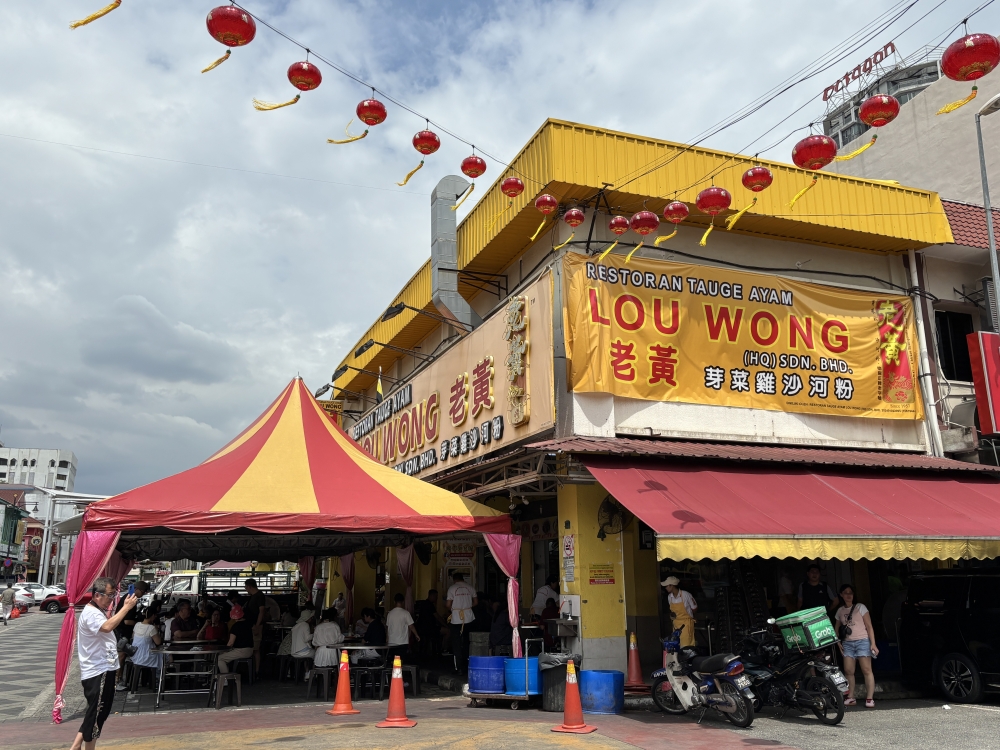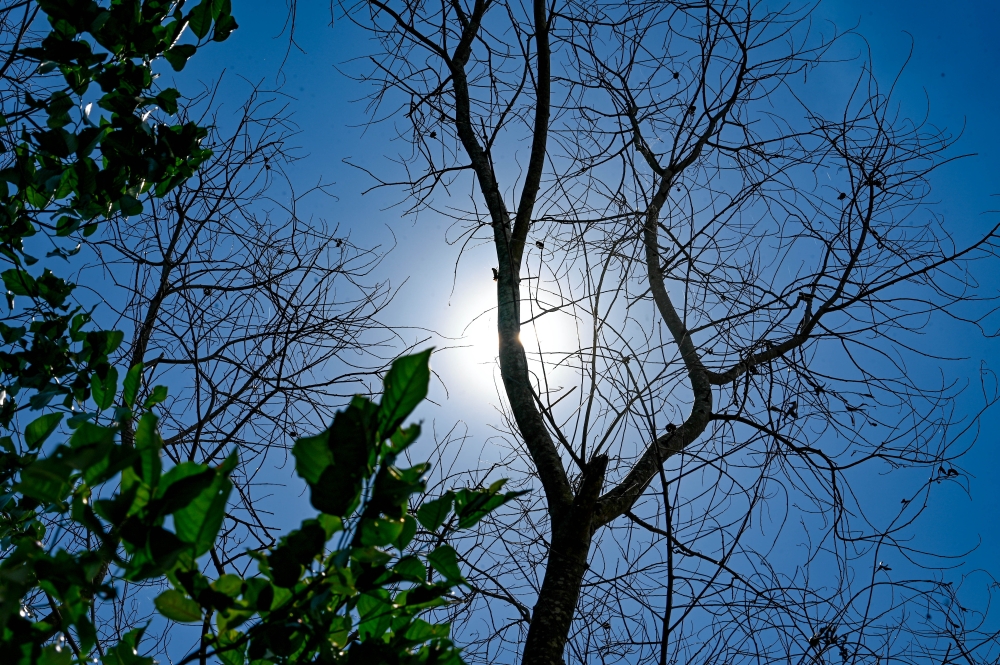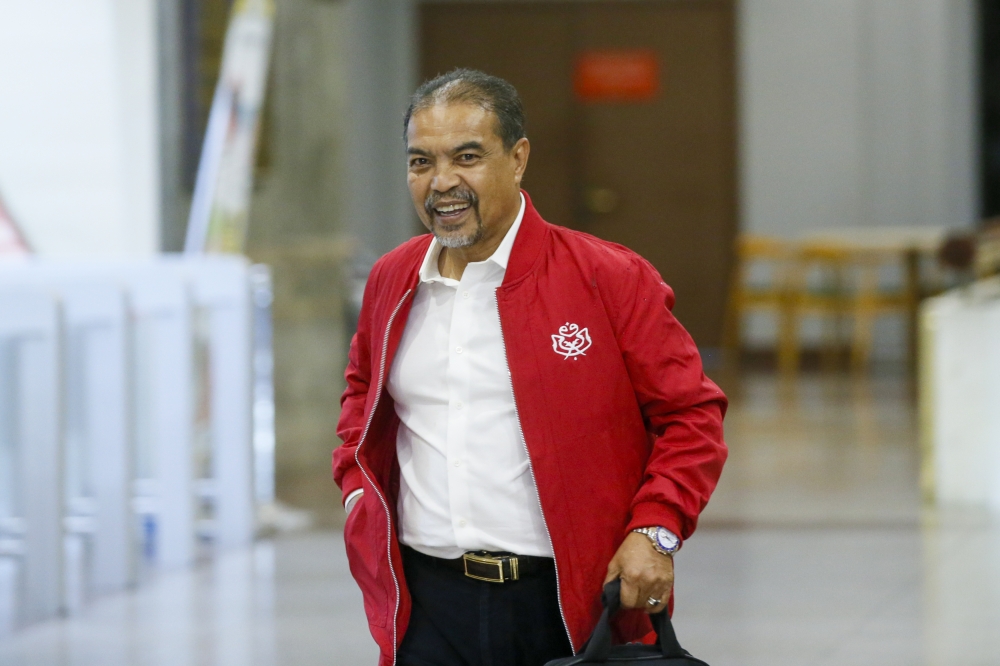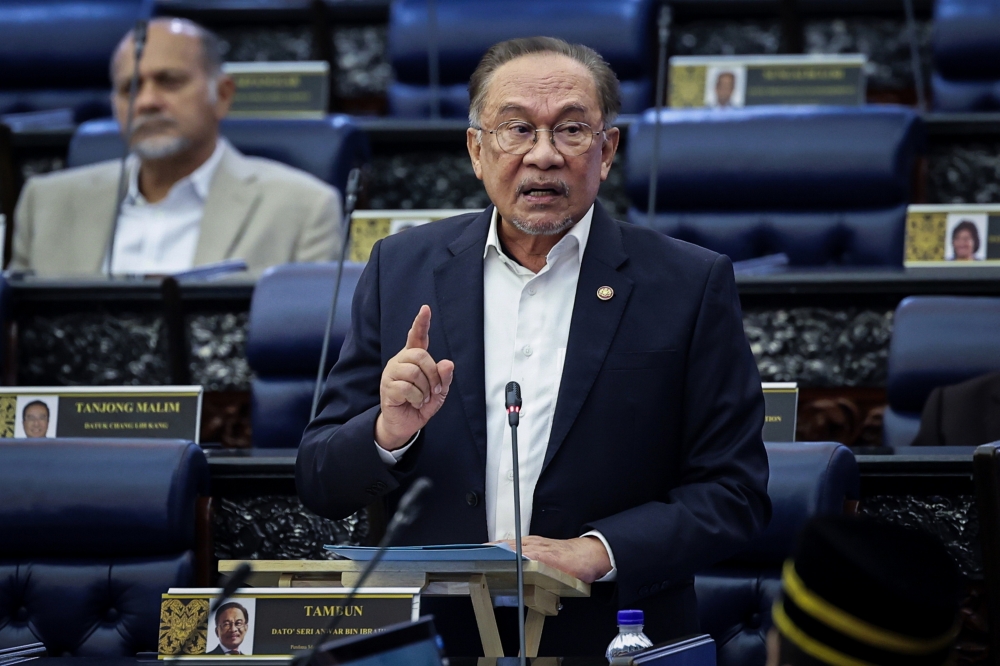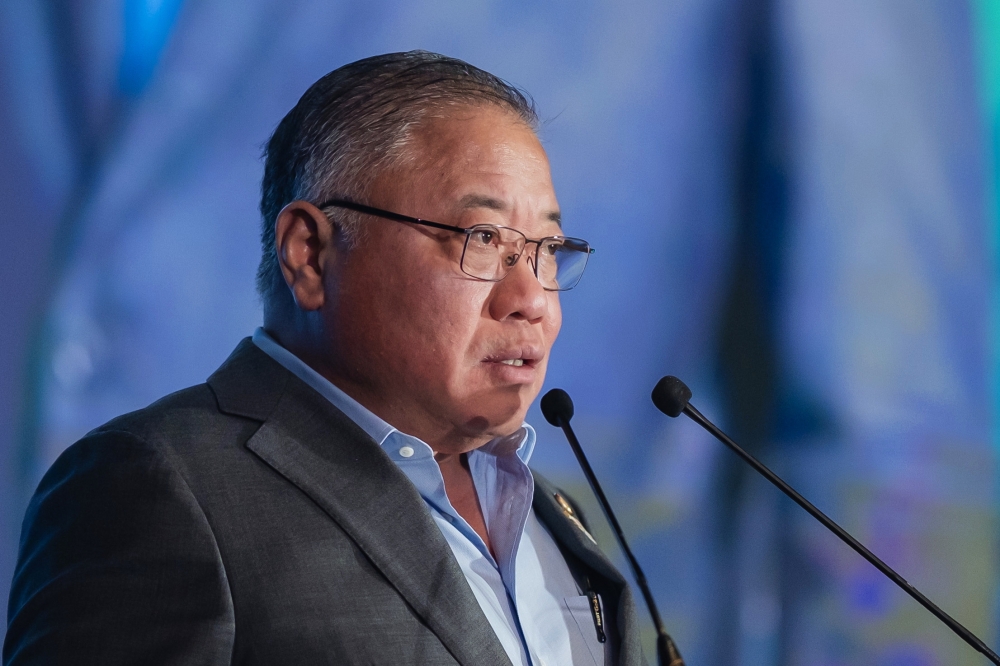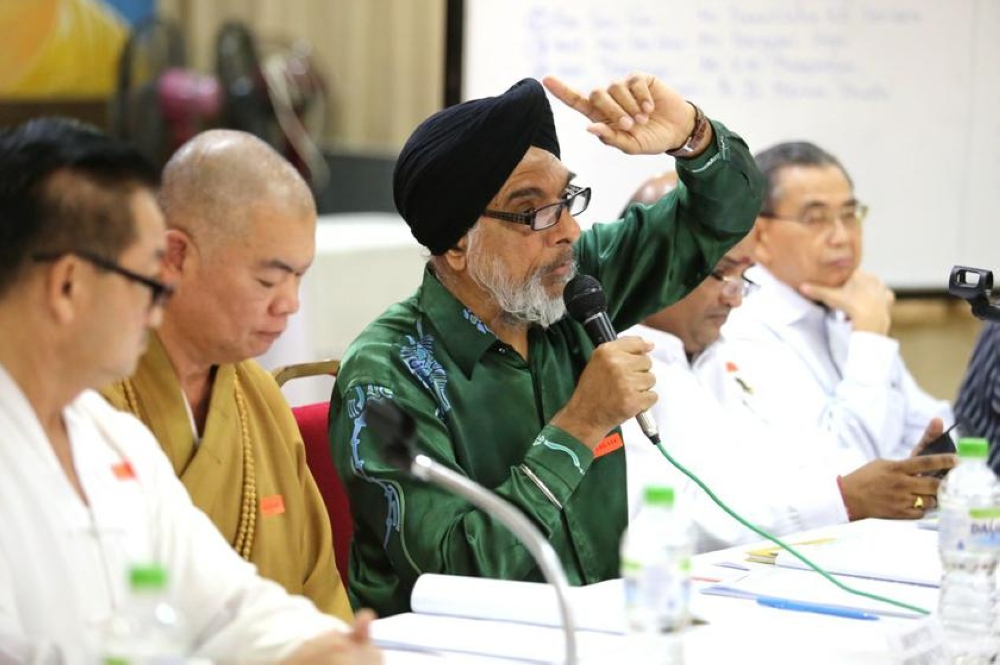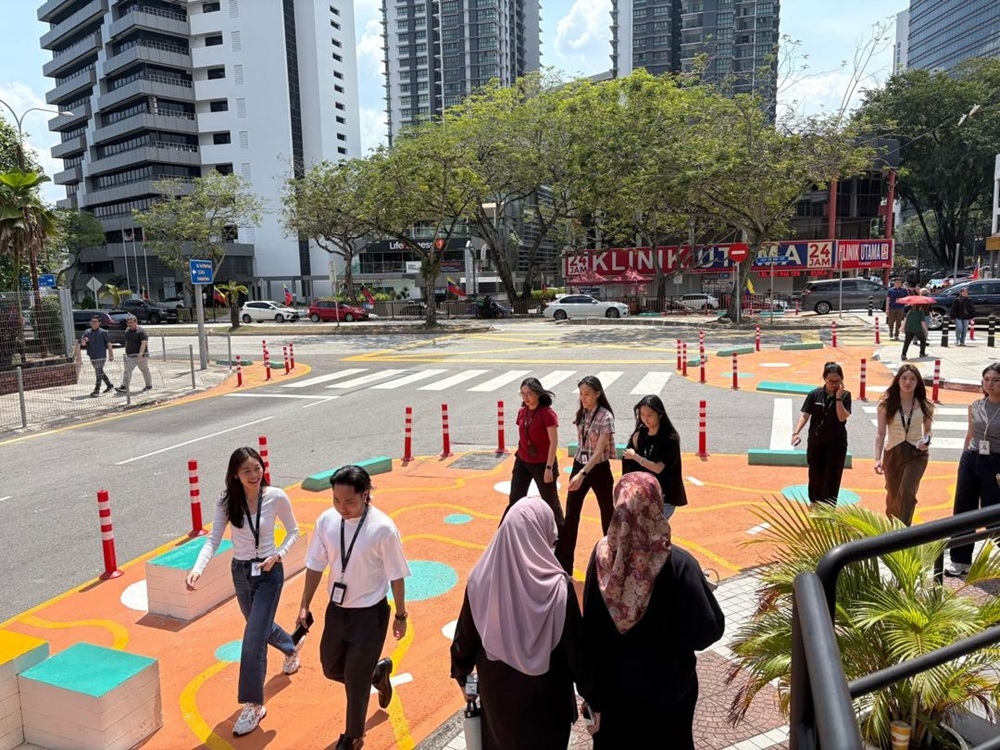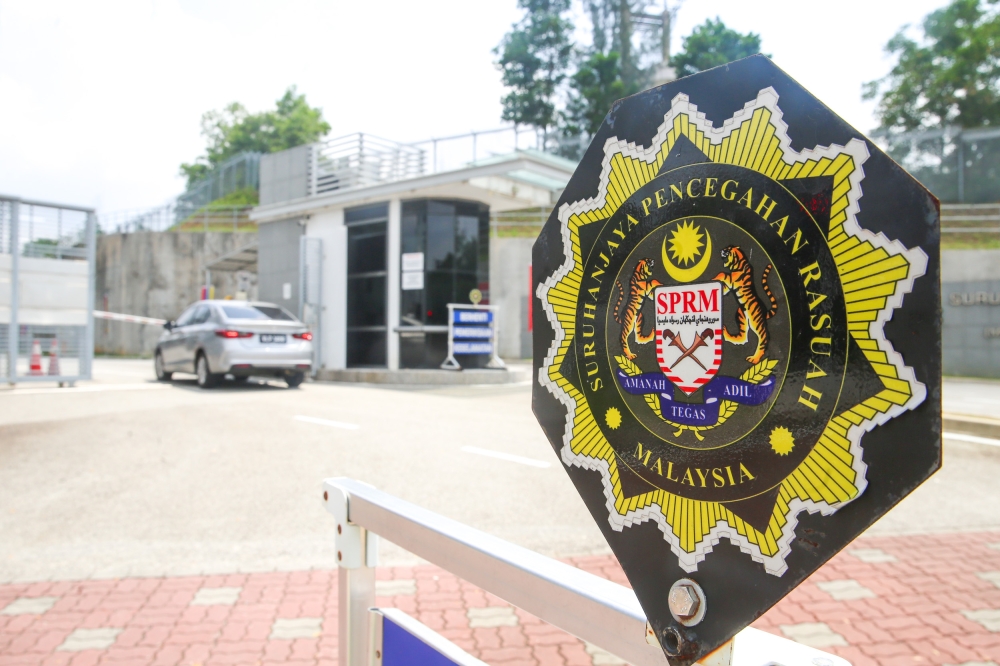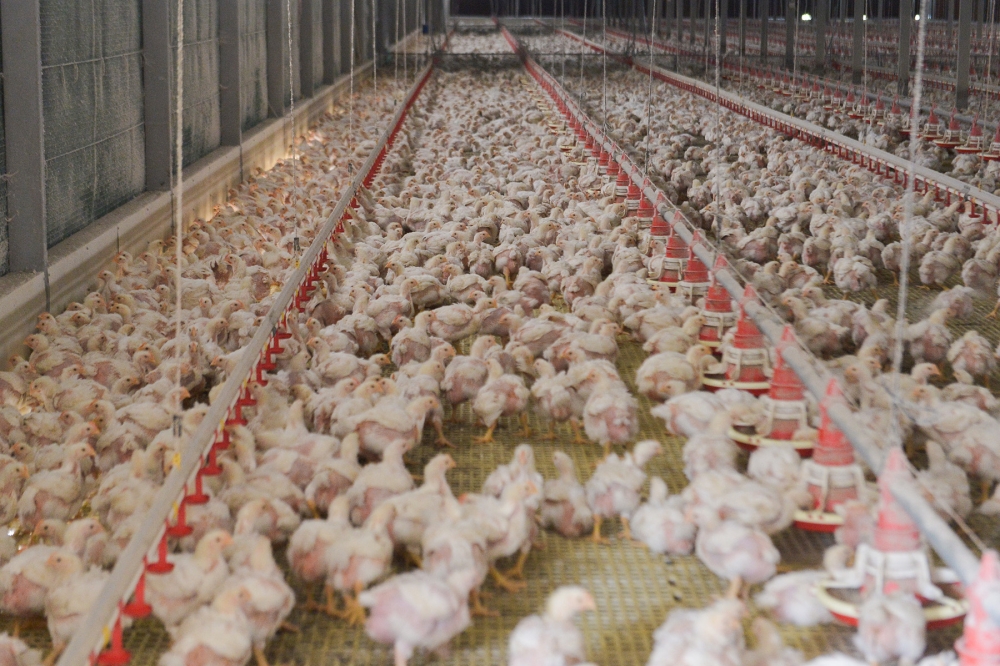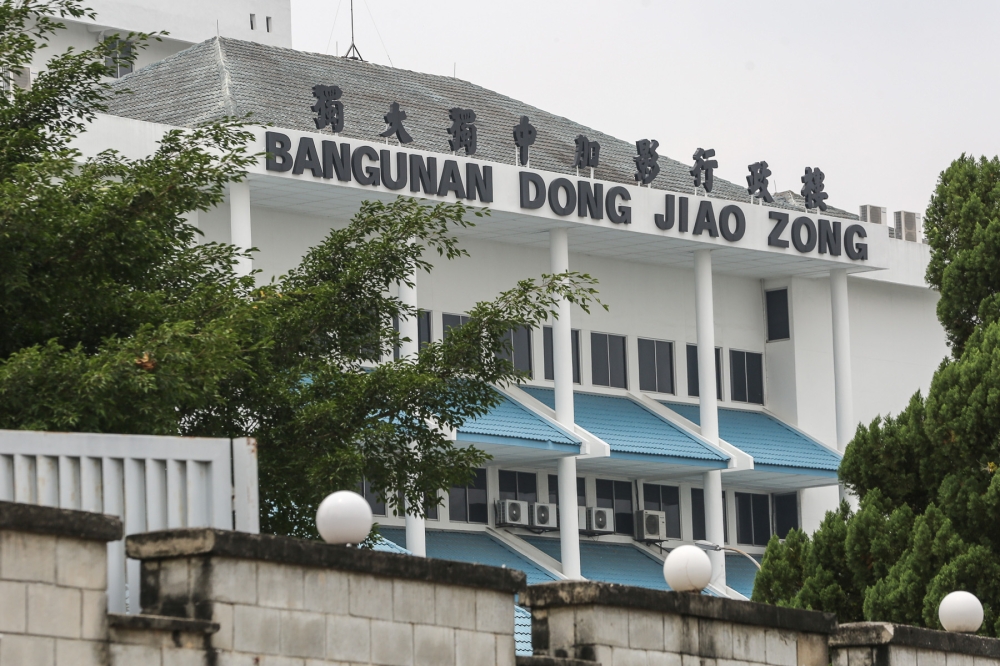AUGUST 13 — The mountain heaved and, as in the fable, produced a mouse. Or so it may seem. To some.
But more than that was happening.
The headline stands. After months of protracted mobilisation and two weeks of intense campaigning, the end result was “status quo”.
The three northern Malay-majority states of Kelantan, Terengganu and Kedah were held by the PAS-driven Perikatan Nasional (PN) coalition, and the three other states in play — Penang, Selangor and Negeri Sembilan — remain this morning under the control of the Anwarist Pakatan Harapan (PH) coalition embracing Anwar’s PKR, the DAP, the progressive Islamic splinter-party Amanah, and the remaining rump of the old Umno.
One Malay newspaper trumpeted the headline that the pro-PAS/PN Islamic “Green Wave” had failed to materialise (Gelombang hijau tak menjadi), but that was a little too Pollyanna-ish.
The Islamist forces orchestrated by PAS clearly strengthened their position in the three northern states that they already dominate, putting their PH opponents to almost total rout; and they significantly furthered their inroads and reach in the three states under Pakatan Harapan administration, notably in Selangor but also in Penang and Negeri Sembilan.
This was no setback for PAS and its PN coalition vehicle.
Yet the election was, nonetheless, a notable achievement for Prime Minister Anwar Ibrahim and his political allies.
The entire campaign run by his opponents was a nationwide effort not just to undermine Anwar’s federally governing PH coalition but to immobilise it and tear it down. And in the pursuit of that objective, it failed.
It is not easy for any government to command popular support and confidence at this time, when it must manage the national impact and consequences of the current global economic crisis that it does not in the least control.
The effect of inflation upon popular standards of living in Malaysia has been especially brutal.
And, in power — quite precariously — for only eight months, Anwar’s government has had no time or opportunity to establish much of a record on which to campaign and bid for continuing support.
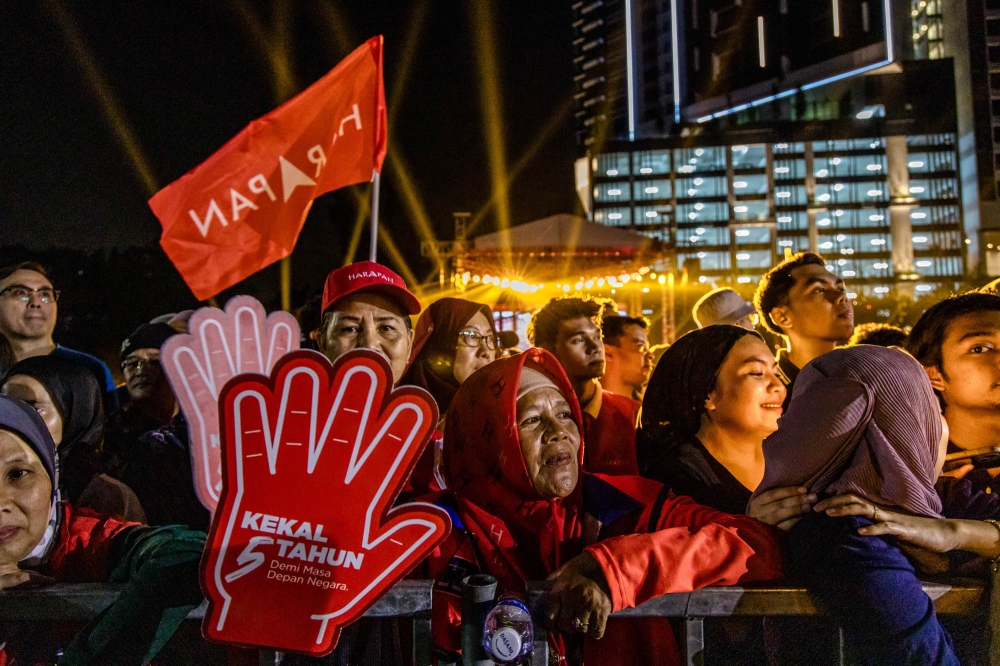
So what was Anwar to do? What kind of campaign could he run? Some commentators and voters have castigated Anwar for running a bland campaign.
He failed, they say, to take on the Malay ethno-supremacists and their “shari’ah-minded” Islamist authoritarian allies. The whole “blood and soil and faith” nationalist phalanx.
He cravenly failed to stand up, they say, to the anti-LBGTI+ surge orchestrated by the Islamists that found its focus and target in the rainbow watches marketed by the Swatch Company. (These were banned at Islamist bidding under the Printing Presses and Publications Act, no less. Ridiculous! Next will it be Mercedes or British Airways or some global hamburger franchise operation that will be deemed to have offended Islam in its logo and slogans?)
But Anwar had little room to manoeuvre here. The consequences for him and for his PH coalition had he joined an overheated rhetorical slanging-match with his adversaries over “Malay ascendancy” (ketuanan Melayu), the reach and limits of Islamic law in a plural society, or over gay rights would have been catastrophic, personally and politically.
He would have played into his opponents’ hands. And into their rhetorical and tactical trap.
All he could do was to present a calm, unflustered face. And in that way to suggest that he and his government were in control, that they could not and would not be stampeded into rhetorical excess, or into untenable positions and dangerous corners, by the PAS and PN ideological onslaught and their crafty stratagems.
Nor was he prepared, for the greater part, to indulge in the kind of “transactional” politics of reward-distribution to selected players and interests.
He chose instead to say that this, his, was a government for all Malaysians and to try to act in that way. And to seek popular, general support on that basis.
That approach did not work everywhere. But overall it worked quite well. For him and his side.
They chose to act not like frothing ideologues but as responsible political managers and leaders.
In doing so, they have perhaps suggested and established that Malaysian politics is reaching a new level of maturity.
In the past, candidate Anwar had always run as an oppositional, reformist figure against the established government and forces, against the status quo.
Now, in 2023, he is — barely — prime minister. He could not run that kind of campaign.
Commentators and voters condemned, or expressed disappointment in, what they saw as his lacklustre campaign.
Over the last two days of campaigning they suggested that he had not provided many people, enough people, with sufficient reason or motivation to turn out and vote for him.
This, they warned, might prove disastrous. A low overall turn-out, and as part of it, a low Malay urban middle-class turn-out could cruel his party’s chances, even bring his whole national government into question and disrepute.
The late polling suggested that there might be some truth to these claims. Last-minute fears grew of a debacle.
But for some observers who pay more attention to reading political tea-leaves than polls, there was perhaps something else going on as well. A new kind of “shy voter” trend.
In Western-nation polls in recent times, some analysts have detected what they term a “shy voter” phenomenon or syndrome: voters who will not support fashionable liberal positions but will not say so to pollsters, and who hide their intention to vote for those (like Donald Trump) whom the liberals and reformers consider neo-conservative ogres.
In Malaysia over recent days there may have been a reverse kind of “shy voter” who was choosing to remain vague or guarded about their intentions.
Reading the tea-leaves of my own interactions, I suspect that quite a few urban Malays, and especially younger Malays, simply did not want to see PAS and the authoritarian Islamist neo-paternalists increase their reach into or control over middle-class Malay lives.
It had already gone too far for them. And they were quietly determined to do and try what they could, with their votes, to block any further increase, any further advance of the Islamist “Green Wave” into their part of the country.
Enough voters, and enough younger Malay voters, in much of urban, middle-class Selangor, for example, felt this way to affect the overall turn-out level and to raise the Malay component of it.
They lowered the boom on Islamist ambitions and the PAS advance in the areas where they live and vote.
So, in the end, Anwar and his forces ran the only kind of campaign that they possibly could, and they made it work for them. Where it most counted.
Anwar has lived to fight another day and more politically. His government has perhaps won for itself the chance over the next four years to establish a record in government on which it may plausibly run for re-election in 2027. If they play their cards right. That has been no mean achievement.
But meanwhile, in the wake of yesterday’s elections, the country is now more polarised than ever.
It is visibly resolving itself into three main zones: the East Malaysian zone, which is as ever sui generis; a Malay-dominant and Malay-Islamist nationalist zone covering much of the country north of Kuala Lumpur (with the exception of Penang Island); and an ever more closely contested southern peninsular zone, the residually cosmopolitan-pluralist zone in and south of Kuala Lumpur, where the PAS and PN forces driving the “Green Wave” will be seeking to make further advances and to become politically ever more competitive.
It is not a good outlook.
* Clive Kessler is Emeritus Professor of Sociology and Anthropology at the University of New South Wales, Sydney.
** This is the personal opinion of the writer or publication and does not necessarily represent the views of Malay Mail.

